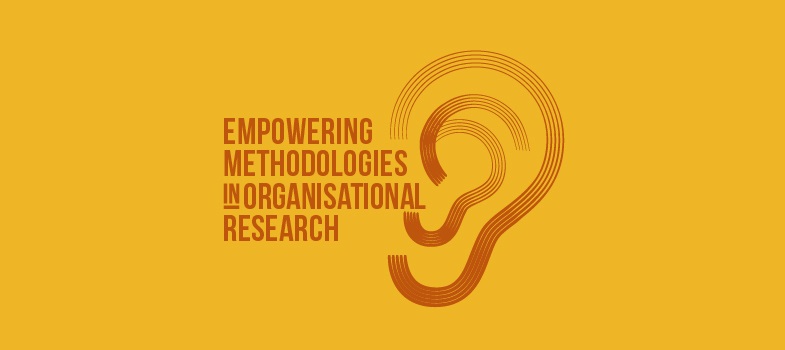Stories from the field
Jaideep Sharma: doing fieldwork at Clean Kids
Jaideep [Tip: hold Ctrl and click a link to open it in a new tab. (Hide tip)] , a researcher on the Project Team, studied the Clean Kids initiative organised by Your Medics to recycle and repurpose used soap from hotels to produce bars of soap that are redistributed to local communities. Jaideep interviewed the female workers on the production line where the recycled bars of soap are cleaned and remade into new soap bars. He asked the workers about what it means to them to do such work. One of the workers is shown in this image grating used soap ready to be remoulded into new bars. Jaideep found it to be a labour-intensive process, but also meaningful and rewarding one for the workers who are very aware of working as part of a social enterprise to benefit local communities.
In the next image, you can see Jaideep (to the right, facing the group of children) participating in distributing the soaps to local schoolchildren. The joy of the children in receiving these potentially life changing gifts is evident in the image.
Jaideep’s research involved him getting involved in the Clean Kids supply chain process. To begin to understand the meanings and value of the work and the products to workers and recipients, he needed to adopt an
Interpretive approaches to research share an openness to understanding how people make sense of their lives and work. Interpretivism is a way of seeking knowledge – an
In the next section you will learn about the importance of context and why the researcher should never consider themselves experts about other people’s lives.
Recommended reading
Bell, E. and Kothiyal, N. (2018) ‘Ethics creep from the core to the periphery’, in C. Cassell, A. Cunliffe and G. Grandy (eds.) SAGE Handbook of Qualitative Business and Management Research Methods, pp. 546–61. Available at: https://pmt-eu.hosted.exlibrisgroup.com/ permalink/ f/ gvehrt/ TN_gvrl_refCX7495000045 (accessed 7 October 2019).
Bell, E., Kothiyal, N. and Willmott, H. (2017) ‘Methodology-as-technique and the meaning of rigor in globalized management research’, British Journal of Management, 28(3): 534-550. Available at: https://pmt-eu.hosted.exlibrisgroup.com/ permalink/ f/ gvehrt/ TN_gale_ofa498289754 (accessed 7 October 2019).
Bell, E. and Wray Bliss, E. (2009) ‘Research ethics: regulations and responsibilities’, in A. Bryman and D. Buchanan (eds) Sage Handbook of Organizational Research Methods, pp. 78–92. London: Sage.
Ethics in research
